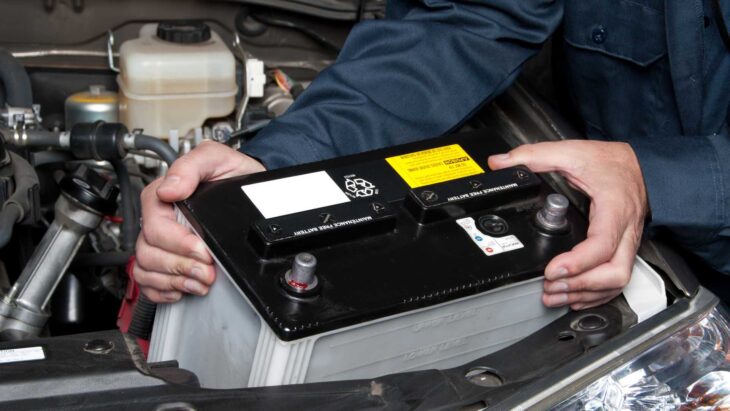Construction is one of the riskiest industries in every state across the nation. We all know the amount of difficulty skilled laborers face on construction sites is numerous. But how common are electrical injuries and electrocutions on construction sites? If you or your loved one is injured on construction sites due to electrocution injury, reach out to a personal injury attorney to learn more about your legal options today.
Electrocution Injuries On Jobsites
Electrocution is known as one of the “Focus Four” or “Fatal Four” hazards–the top four most common fatality causes in the construction industry mentioned by OSHA. Electrocutions combined with struck-by accidents, caught-between or caught-in accidents, and falls are responsible for more job site deaths than other construction accidents.
According to NIOSH (National Institute For Occupational Safety and Health), the main types of electrical injuries are:
- Electric burn
- Electric shock
- Fatal electrocution
- Fall caused due contact with electrical energy
Electrical injuries are caused when a person comes in direct contact with hazardous electric sources like unintentional contact with high-voltage equipment or powerlines or from repercussions like a fall or an explosion.
Electrical injuries are a common hazard on many job sites, and they can be fatal or cause serious harm. Following safety guidelines and regulations is essential to prevent electrical injuries on a job site. Here are some tips to help prevent common electrical injuries:
- Proper training
All workers should be appropriately trained on electrical safety procedures, including working safely around electrical equipment and using personal protective equipment (PPE) correctly.
- Use of PPE
Properly using personal protective equipment such as insulated gloves, safety glasses, hard hats, and safety shoes can help reduce the risk of electrical injuries.
- Equipment inspection
Electrical equipment should be inspected regularly to ensure it is in good working condition. Damaged or faulty equipment should be replaced or repaired immediately.
- Lockout/tagout procedures
Proper lockout/tagout procedures should be followed when working on electrical equipment to prevent accidental start-ups or energy release.
- Proper grounding
All electrical equipment should be properly grounded to prevent electrical shocks.
- Use of ground fault circuit interrupters (GFCIs)
GFCIs can help protect workers from electrical shocks by interrupting the flow of electricity when a ground fault is detected.
- Proper storage of electrical equipment
Electrical equipment should be properly stored when not in use to prevent damage and ensure that it is in good working condition when needed.
- Regular safety inspections
Regular safety inspections should be conducted to identify potential electrical hazards and ensure all safety procedures are followed.












You must be logged in to post a comment.